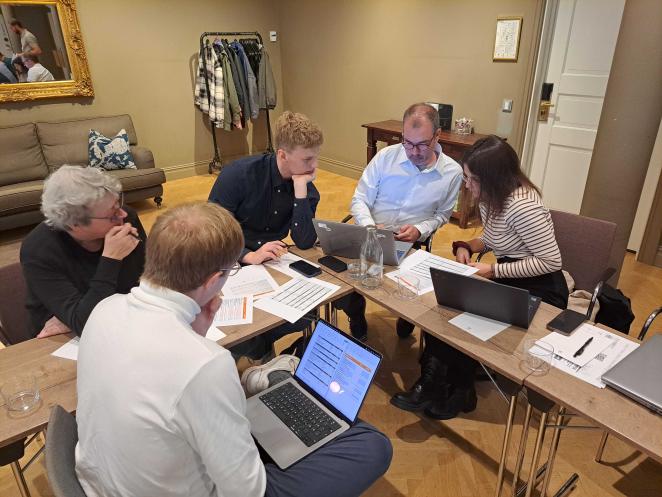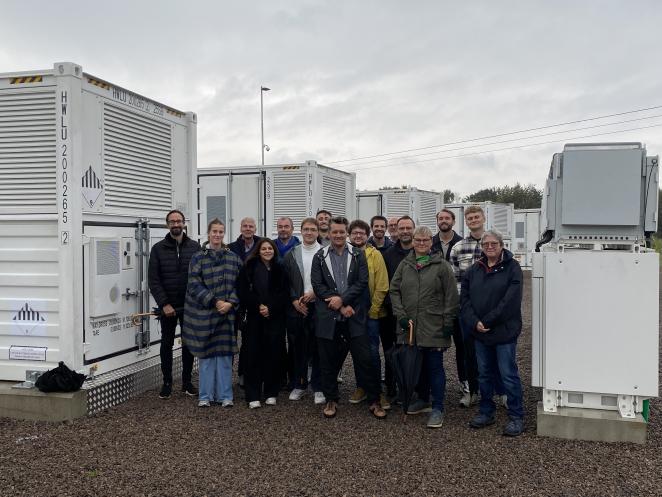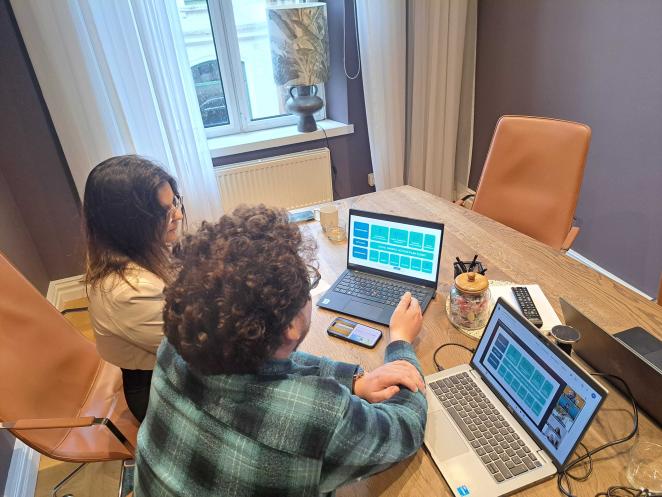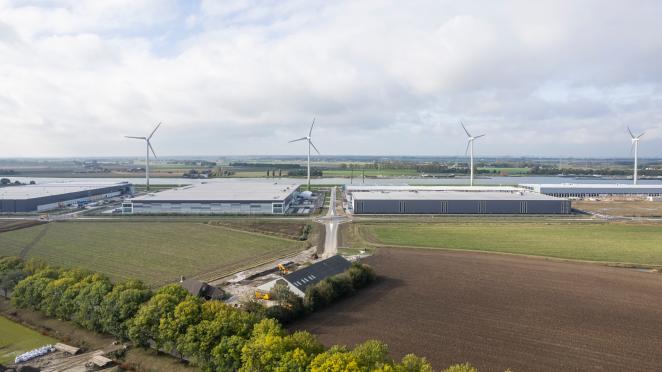In September 2024, the COPPER partnership gathered for its third partner meeting in Varberg, Sweden. The two-day event brought together frontrunning cities, academic institutions, and private sector partners to reflect on their progress building Europe's first wave of Local Energy Action Plans (LEAPs). The meeting focused on practical strategies for financing energy projects, peer learning from progress in the last six months of COPPER, and developing internal communication plans to engage key stakeholders.

Day 1: Financing and Innovating for the Local Energy Transition
Day 1 focussed on the financial side of the energy transition. The partnership began interactive workshop on LEAP "Profit and Loss" statements. Partners explored how to build a business cases around local energy investments, identifying value streams and sources of finance alongside upfront investment required by the city. The workshop introduced city partners to a new way of understanding the financial streams required to attract private equity and support large-scale energy investments.
The partnership then heard from Magnus Agerström of Cleantech Scandinavia, who delivered a keynote presentation on public business models and financing schemes for energy investments. His presentation highlighted opportunities for cities to leverage public-private partnerships, using examples of successful projects across Europe including BRAVE, the recently launched initiative for energy investment blueprints.

Spotlight on Varberg Energi
After lunch, the focus shifted to the work of meeting hosts Varberg Energi. Varberg Energi CEO Björn Sjöström gave a presentation to the aprtnership, sharing the work of Varberg Energi developing innovative energy products and services, including Nätflex, a city-wide virtual power plant being developed through COPPER.
The day concluded with a field trip to Varberg’s Battery Park and renewable energy production facilities. Varberg’s 11MW / 14MWh battery park offers peak shaving, load shifting and frequency balancing services to the grid, and offered the consortium a look into the future range of services that should be integrated into future Local Energy Action Plans.

Day 2: Driving Collaboration and Communication
Day 2 focussed on how cities can build collaboration between departments and with external stakeholders and data providers.
One of the main sessions on Day 2 was a presentation by Center Denmark, which focused on the role of data management in the energy transition. Center Denmark highlighted how data visualization and public-private data management can support decision-making for cities.
In the afternoon, the consortium developed in-person communication strategies. Partners from Ghent and Antwerp presented their approaches to communicating LEAPs internally within city governments, sharing effective techniques for building public awareness around the concept. Partners broke into working groups to develop plans for improving communication, both within their cities and with external stakeholders. These plans are essential for building broader support for LEAP initiatives and ensuring that key departments and political figures are engaged in the process.
Key Takeaways
Several important learnings emerged during the two days of discussions:
- Cities should use their bankability to unlock energy finance: Large-scale financing is critical for cities to become climate neutral. Cities should leverage their "bankable" status to unlock private financing, guarantees, bonds, and loans by bundling net-zero projects. This contrasts with less bankable entities like SMEs, energy communities, and households, which manage smaller, individual projects.
- LEAP Portfolio Management: To accelerate the urban energy transition and achieve economies of scale, cities should implement portfolio management for their LEAPs, aligning missions such as all-electric neighborhoods, energy-neutral business parks, and zero-emission transport across specific geographic areas (e.g., Antwerp's Left Bank) or urban themes (e.g., electric car-sharing in Bremen).
- LEAP as a City Governance Tool for Climate Neutrality: Around 60% of a city’s carbon emissions come from energy and mobility. While many cities are committed to becoming climate neutral, they often lack control over the energy system and urban mobility due to the fact that DSOs and transport providers are frequently private entities operating based on their own interests. A LEAP serves the role of organising partnership with these external stakeholders.
- Improving Communication: Internal and external communication is key to the success of LEAPs. Cities must engage energy departments, political leaders, and citizens to build momentum for the energy transition. COPPER's workshop on communication strategies highlighted practical steps that cities can take to improve their outreach efforts and ensure that key stakeholders are informed and supportive of LEAP initiatives.
- Using Data to Support Decision-Making: Data management and visualization play a vital role in the energy transition. The presentation by Center Denmark provided valuable insights into how data can be harnessed to improve public decision-making and enhance the accuracy and usefulness of LEAPs.

Looking Ahead to Dordrecht in 2025
The COPPER consortium will reconvene in Dordrecht in March 2025 to continue their developoment of Local Energy Action Plans. With a clear roadmap for building internal support for LEAPs built in Varberg, the COPPER consortium is well-positioned to drive the LEAP concept forward internally in the next six months.
